

Bad decisions make the best stories.
If we want to write about people who make the right choices, who plan their work and work their plan, who always keep a cool head, then that is the realm of self-help not fiction. Fiction is about good people—who mean well—doing selfish, foolish or downright dumb things.
When we have characters who have all the looks, skills, talents, and can be counted on to always do the right thing—and do it with poise and grace. This can morph into what is called a Mary Sue Character.
Granted, in the greater scheme of things, some decisions are better than others. Not all decisions are bad decisions if we have the right context.
Sure, if someone abandons a baby at our door, one might think that lighting up said baby with flamethrower is a bad decision…unless we learn that it isn’t a baby human, rather a baby demon (left there to kill us and eat our soul).
Context can make a huge difference.
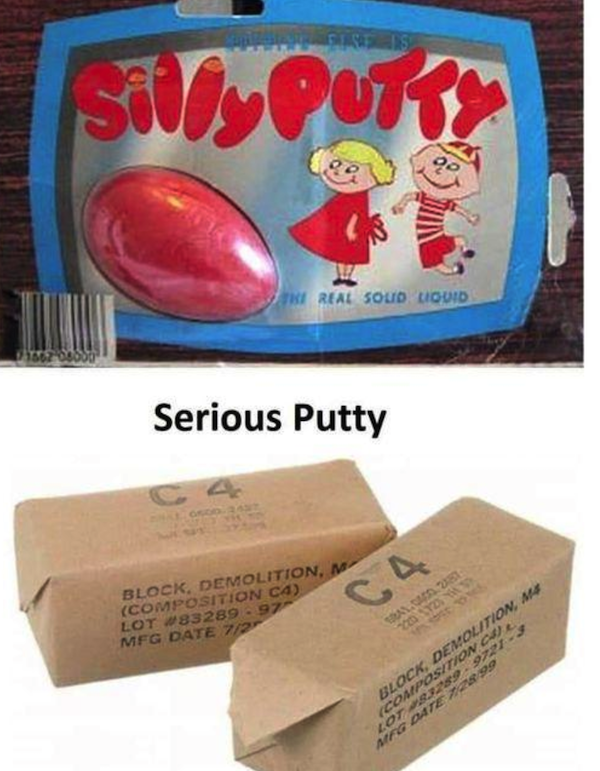

This said, I imagine most of us don’t wake up and think, “You know what? I think I will do something epically stupid today.” The same thing goes for our characters.
Thus, while we need our characters to make bad decisions, we have to be really careful how and why they do this or we can inadvertently either make them tedious or Too Dumb to Live.
Both types of characters are hard to root for.
So, how can we organically create a character who makes bad decisions?
Use Emotion Amplifiers


Angela Ackerman and Becca Puglisi, creators of the incredible set of resources The Writer’s Thesaurus series (I strongly recommend buying them ALL) are releasing a new Emotion Amplifier Thesaurus in May.
I LOVE, LOVE, LOVE this idea of emotion amplifiers because, if we even look at our own lives, how many times have we lost our cool, cut off a relationship, quit a job, or just made a royal mess out of everything because we were in a bad emotional spot?
Any other time, we might have handled adversity with dignity and aplomb. The problem is, when we happened to show our metaphorical butt, it wasn’t any other time.
Let’s say this is the week our lowly MC might have been struggling with a bad cold. But since people were relying on him and he’d never once been late or missed a day, he chose to go in anyway so he didn’t place an unneccesary burden on his coworkers.
Unfortunately, on the way to work, his car unexpectedly broke down and stranded him in triple digit heat. Since he’s been sick, he forgot to charge his cell phone, meaning he had to walk in dress shoes to get help.
Which, of course, made him late.
All that was bad enough, but then his boss chews him out in front of everyone on the floor and accused him of being—of all things—lazy.
I am banking that you guys are not perfect people. Perfect people are not my audience. So I’m fairly certain all of us can completely relate to this poor imaginary soul I just described.
Decisions and Dimension
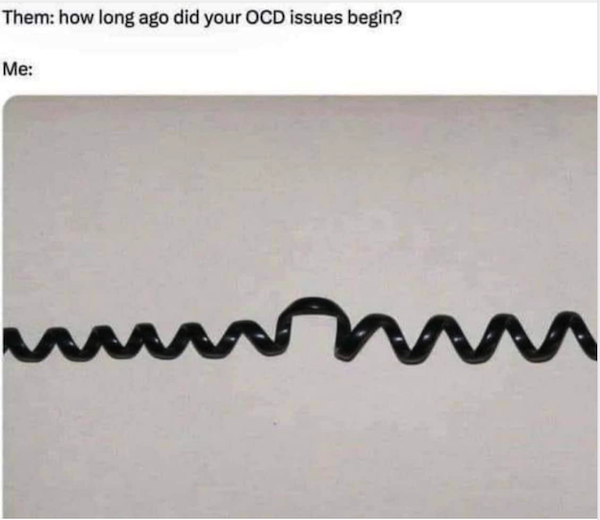

Emotional amplifiers can make our characters a) far more relatable and b) far more forgivable. Writing fiction is hard. Yes, I know the rest of the world believes what we do is super easy, but yeah…no.
It can be really easy to fall into simply getting our MC (main character) from this point to this point to that point almost like we are following an instruction manual. And that is possibly fine for a first rough draft.
But then ask, “How can we deepen these characters?”
Throw in emotional amplifiers. They aren’t making decisions from an ideal place where everything is going well. In fact, in Act One, our characters should be, by and large, mostly, if not totally reactive.
They can be dealing with sickness, the climate (unusual heat wave), the strange/unfamiliar, stress, etc. etc. This is going to cloud their judgement and, when they do make “bad” decisions, the audience forgives them.
Remember, it isn’t as important how the MC starts a story as much as how they END one.
That is what makes a hero.


Aside from emotional amplifiers (going through a divorce, kids acting out, loss of a job, recent death, etc.) we can also remember that whatever scenario our MC faces…they should not be prepared to ideally handle it.
Even something as simple as a migraine or toothache can make life derail with a quickness.
Also keep in mind that your character is not the only on in your story with stuff going on. Yes, my imaginary MC above got a royal butt chewing from a normally reasonable boss. But, maybe unknown to the MC, his boss just found out his wife was leaving him right after the company owner gave the promotion he desperately needed to his hard partying kid to “teach him responsibility.”
Yes, bad days have a funny way of colliding with spectacular results and mayhem.
Ignorance and Bad Decisions


I don’t know about you guys, but sometimes I look back at my life and wish I had a time-traveling DeLorean so I could zip back in time to kick my own @$$.
Now, back in 1995, did I think doing X, Y, or Z was a great (if not good enough) decision? Duh! Obviously. That is the b!t*h about maturity.
We only gain maturity through experience, and only gain experience by screwing up. The more we screw up—and learn from those bad decisions—the more mature we become. Which is all well and good once we’ve made it through the trial by fire in one piece.
Obviously, once we are on the other end of any catastrophic period of life, we can look back and slap our foreheads. The “right” answers seem so obvious.
Hindsight is 20/20.
In the meantime, our characters (like us) simply have to choose the best they know how and muddle through. They might have limited information, limited skills, or limited options.
Regardless, the MC believes at the time they are doing the best they know how.
The Best Decision Among Crappy Decisions
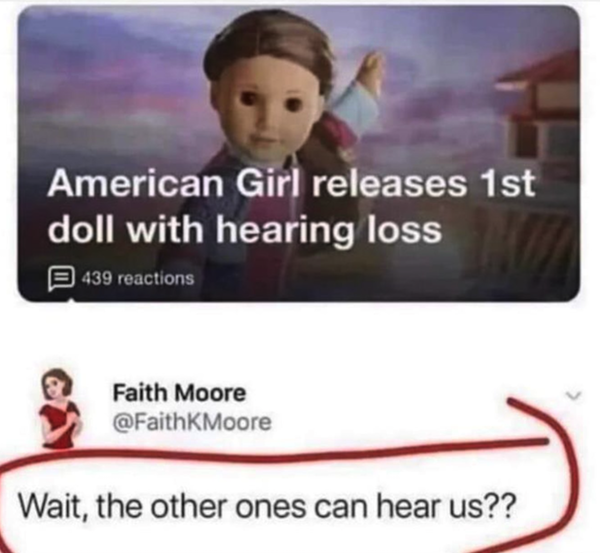

Here is another gem y’all might have faced. When we look at our life of the lives of those around us, we have to be careful. It can be easy to get all judgmental (or maybe that is just me). We like to think we would have done things differently.
Maybe.
This is where fiction is wonderful for developing human empathy. Sometimes all decisions suck. All that is left is to choose the least sucky of the list of sucky decisions, right?
This is where those emotional amplifiers can really come in handy. When humans are stressed, our bodies shift into what is referred to as “Lizard Brain.” This is survival mode and our mental drop-down menu limits us to three options: fight, flee, freeze.
If our character is under enough stress, they very literally may not see other options that, at any other time, would be obvious. So, while fight, flee, or freeze might be excellent options for outrunning a swarm of bees, it might be less of a bright idea when dealing with that difficult coworker.
Time is NEVER on the MC’s Side


Whenever I do book coaching, I have all my clients do a log-line. This is where you tell me your entire story in ONE sentence. Using this one sentence, I usually can spot why and where the author is struggling with their story.
Here is the formula I use to create a solid log-line (story).
Intriguing protagonist + active verb + core story problem (antagonist/Big Boss Troublemaker) + stakes + ticking clock.
If any of these elements is missing or weak, it will muck up a story. One of the most common pieces writers overlook? TIME. It is never your friend. Ever. Not in life and not in fiction.
Being rushed is one way a character can make bad decisions. Not only might the character be reacting (fear) but if they don’t have the necessary time to do the research, ask wiser mentors, war game out possible ways their decisions could go to hell in a hand basket…they are almost guaranteed to be making a “dumb” decision.
Bad Decisions Fire the Crucible
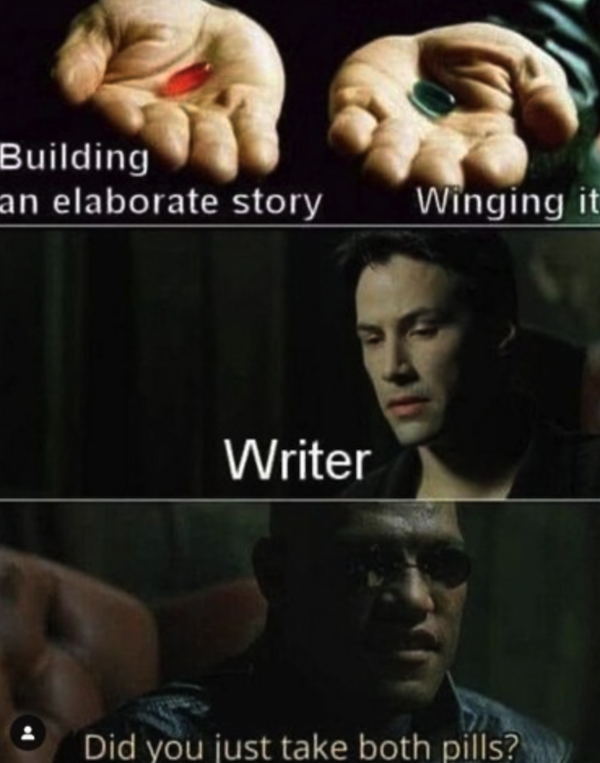

This applies to pretty much all characters, even when we are dealing with a series. Yes, in Book One, our MC will arc to a certain degree. In the beginning of the story, they should be missing some critical knowledge, training, maturity, etc. that would make them fail. The story crucible is what fires out the character impurities.
Yet, even if we have a series, our characters should ideally keep growing. Last post I mentioned one of my favorite epic high fantasy authors, Joe Abercrombie.
Abercrombie has some seriously bad@$$ characters. Yet, maybe the fighter with a reputation that withers his opposition still needs to learn a thing or five. Put him in a situation where those skills that served so well in a different time and place are actually a handicap.
Redeeming Mary Sue


Characters who always have the answers, who do and say the right things all the time are dull as dirt. Many new writers begin with a Mary Sue and then I have to go in and have them take away some of the shiny perfection.
That is normally what I recommend. Yet, there are ways Mary Sues can become fabulous characters. Maybe in their world they are perfect and know how to do everything expertly. But what happens when we toss them into a place that those “assets” are not only “detriments” but could get them and others hurt or killed?
The new Amazon series Fallout is wickedly great fun. Amazon MGM has done a fabulous job of employing a Mary Sue character in a wonderful, unique way that will have you on the edge of your seat.
Fallout is based off a video game and is a diesel punk fused with a post apocalyptic story. I promise not to ruin anything because at least the first season of the series was brilliantly executed (which, if you’re a die hard gamer, you know that is highly unusual for stories based off video games).
The MC Lucy MacLean grew up in a very 1950s world with almost a campy exaggeration of 1950s traditional American values. Good citizenship, manners, politeness, excellent hygiene, and friendliness are highly valued attributes and Lucy excels at all of them. In fact, she might even be viewed in her society as a “perfect” success.
Now, take this very clean, very naive and optimistic young woman and cut her loose in a post-apocalyptic wasteland. Suddenly all those Mary Sue qualities that scored her top marks in Vault 33 very well could get her and others killed on the surface.
This (below) isn’t exactly what Lucy likely imagined when it came to her knight in shining armor….
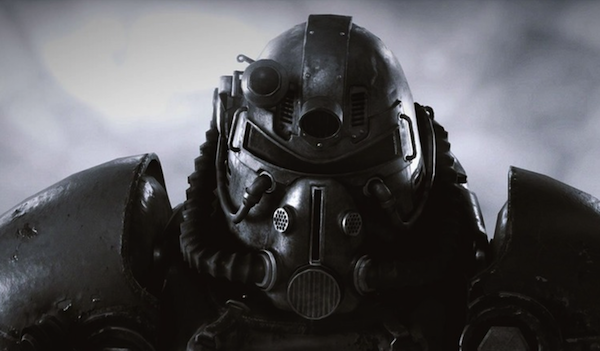

Remember I said good and bad decisions rely heavily on context?
But, if Lucy hopes to survive in a world that has gone mad, then she will have to grow, change, and adapt. This is even more critical when considering, in this world, there aren’t really any good decisions…only the one least likely to end in disfigurement, dismemberment or death.
Yes, it has plenty of violence but it is that raw brutality juxtaposed to silly idealism that actually makes the Fallout story (and the characters) too good (or bad) not to love.
Thus, when you are creating your world, another great way to turn up the heat on a character is to give them some exemplary skills…that just do NOT work in the world/story they must navigate.
Just like Abercrombie’s Logan Nine Fingers, most ruthless fighter in the North, has to relearn how to get around when thrust into “civilization,” conversely Lucy MacLean learns pretty quickly that “Please” and “Thank you” and taking turns just ain’t going to cut it when everything from the mosquitos to the locals are trying to rob you, kill you, and maybe even eat you.
Any Thoughts About BAD Decisions?
Do you find yourself being too nice to your characters? Does it frustrate you when stories make it too easy on the characters? Can you see how emotional amplifiers can take a relatively normal situation and escalate the tension for some great story drama?
Any experience in life?
I LOVE hearing from you! What are your thoughts? Opinions?
